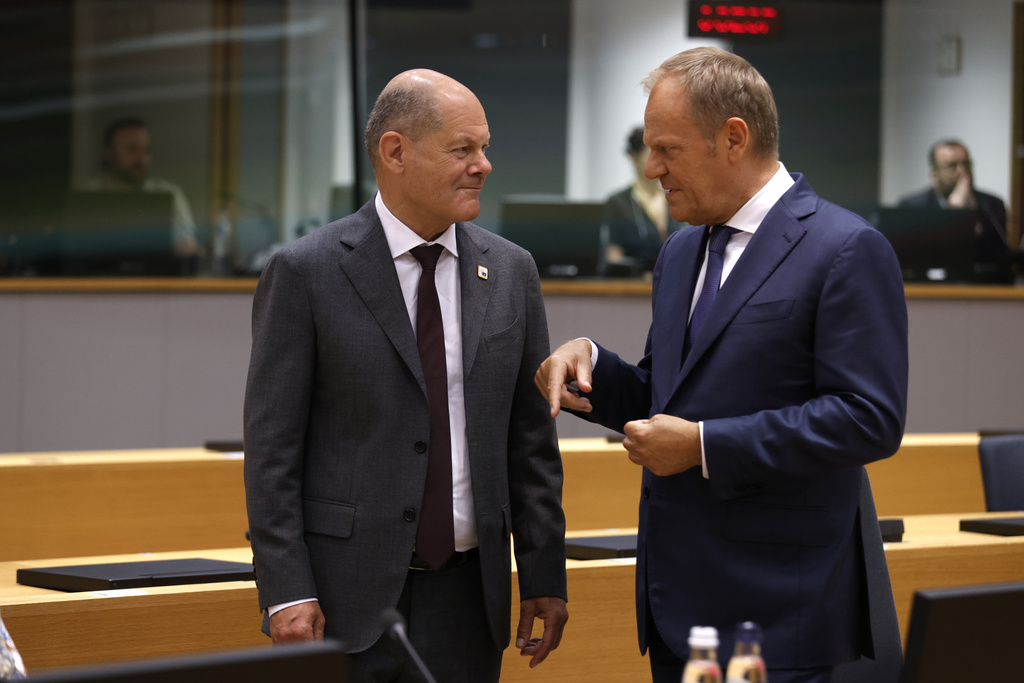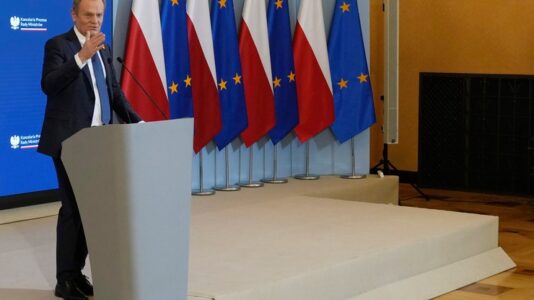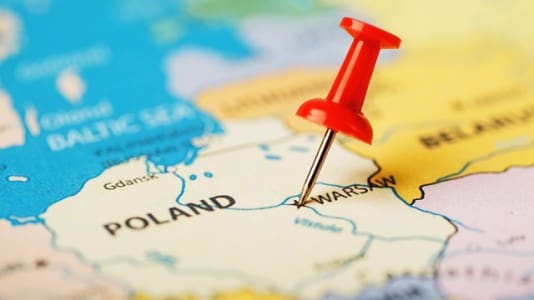On Monday, German Chancellor Olaf Scholz is set to arrive in Warsaw for the first intergovernmental consultations with Poland since 2018, bringing a suite of proposals aimed at reinforcing bilateral ties, including WWII reparations.
According to Süddeutsche Zeitung (FAZ), the German government will propose a comprehensive package that includes support for Poland’s eastern defense, reparations gestures to victims of the Nazi occupation, and the construction of a memorial site.
Scholz intends to use this visit as an opportunity to “move beyond past tensions and conflicts,” with Chancellor Scholz offering monetary support and gestures of reconciliation to meet Polish Prime Minister Donald Tusk‘s expectations. According to the German paper, the message Scholz brings to Warsaw on Monday evening is optimistic: “We are moving towards better times.”
The new, left-liberal government in Poland, led by Prime Minister Donald Tusk, seeks to renew relations with Germany. However, the German government must address strong feelings in Poland that Germany has not adequately atoned for the crimes committed during the occupation, highlights the German press.
Notably, the previous conservative Polish government long lobbied for reparations from Germany for the Second World War, but Germany shot down these proposals. Now that a left-liberal government has come to power, reparations are back on the table.
During a visit to Berlin in February, Tusk remarked that the issue of reparations had been formally closed years ago, but material and moral redress had not been achieved.
The Warsaw talks are scheduled to last half a day, but “the outcomes of the months-long preparations will be decisive.”
According to reports, a three-part package worth several hundred million euros will be adopted in Warsaw. The first part involves the German-Polish House project, already approved by the German government last Wednesday. The second part includes a “financial gesture” towards the living Polish victims of the Third Reich, and the third part focuses on contemporary and future defenses, with Germany contributing to the defense of Poland’s eastern flank. FAZ explains this as an effort to have “yesterday’s enemy support Poland in combating today’s and tomorrow’s threats, which loom from Russia.”
The acceptance of this entire package by the Polish people will likely depend on how this last aspect is implemented.






